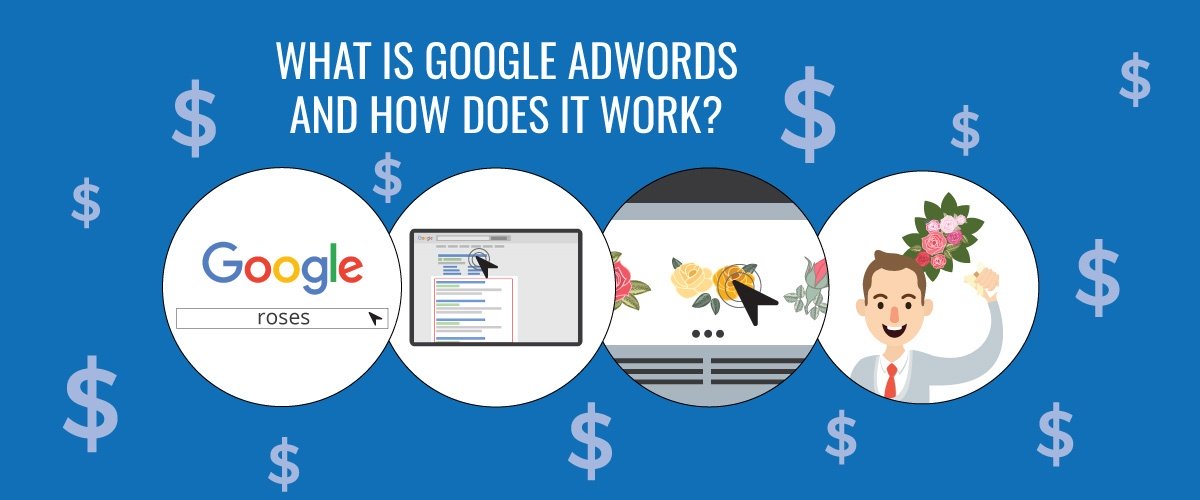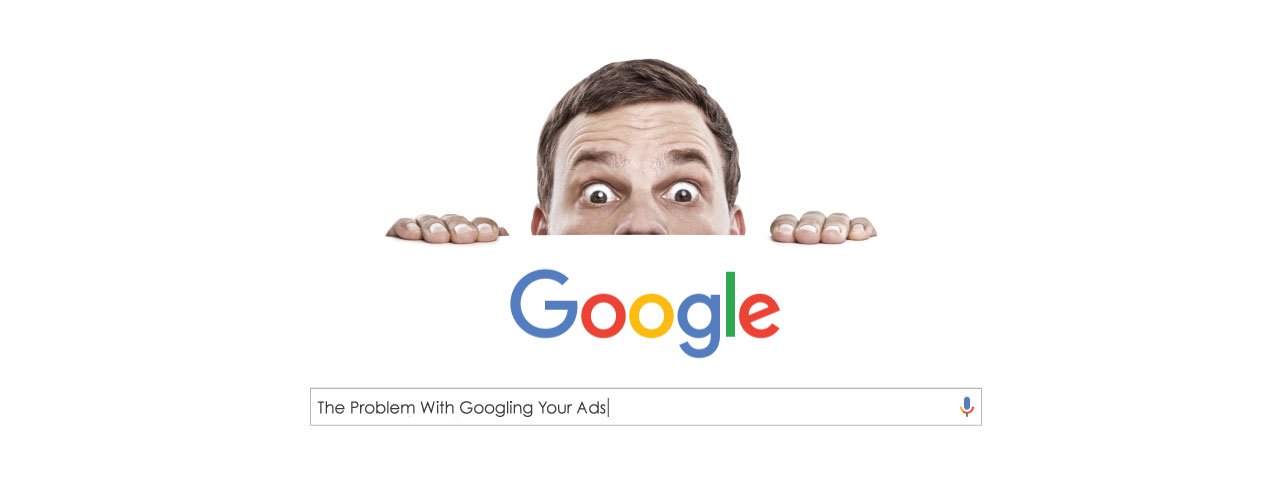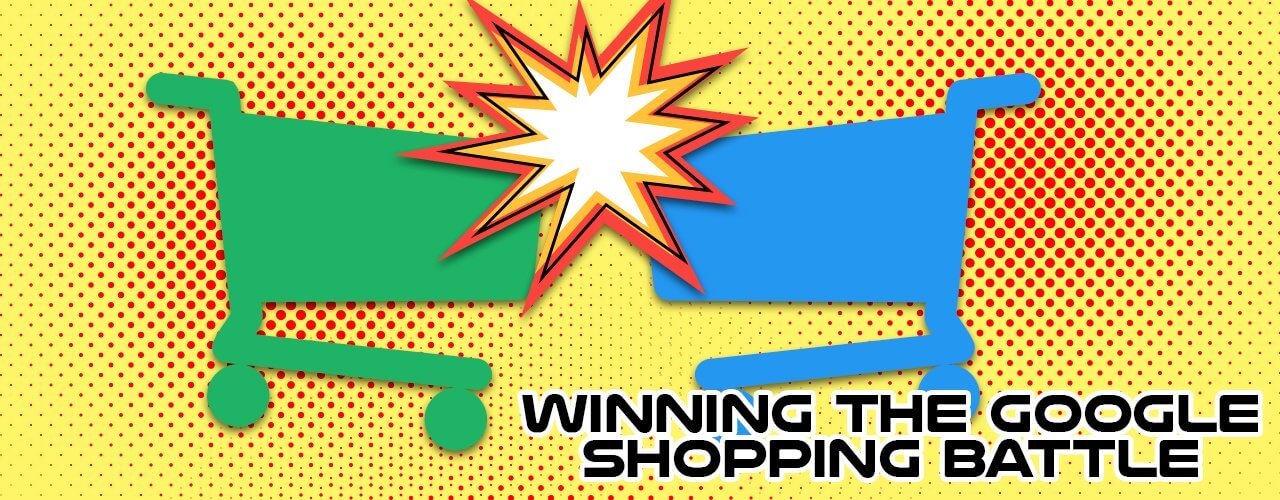Like icebergs and oceans, there’s more happening beneath Google Ads’ “surface” than most people think. Behind every ad is a battle for attention. Whenever someone searches the web, a Google ad auction kicks in, deciding which ads appear (or don’t appear) on the search engine results page (SERP) and in what rank and order. Every ad experiences the ad auction process, making its literal bid for attention. But it’s not just the luck of the draw. The process bases its decisions on three primary elements: bid amount, ad quality, and ad format. If your ads aren’t showing or you aren’t seeing the results you prefer, there may be other aspects to consider. Here are three common reasons why your ads aren’t winning auctions.
Ad Rank
Ad rank is the biggest factor that decides where ads turn up in relation to other ads on a page—if they turn up at all. Ad ranking is an ongoing process, not a one-time event. Ad rank is recalculated every time an ad is eligible to show up in response to a search. Any number of things can affect the score. If an ad doesn’t show up, these might be the reasons.
- Your Bid—A bid is the maximum amount you want to pay per click on an ad. When you set up a campaign, you tell Google how much you want to bid. Low bids might be a reason your ads aren’t showing up, but while bidding higher can bring more clicks and visibility to your ads, you’ll make less of a profit on conversions. Bid amounts can be changed at any time, so perform ongoing tests to see how effective your strategies are and to find the perfect mix.
- Ad Quality—How relevant and useful are the ads to searchers? A quality score shows this. Google reviews an account’s expected clickthrough rate, keywords, ad relevance, and landing pages and generates the quality score based on a scale of 1 to 10. The higher the score, the likelier ads show up.
- Ad Rank Threshold—This factor decides an ad’s ability to compete in an auction, based on ad quality. Threshold is determined at the time of the auction. Lower-quality ads have higher thresholds and vice versa. If ads fall below a minimum threshold, they are less likely to show up during an auction.
- Competitiveness—When evenly matched with a competitor in rank and opportunities, an ad needs a little push to win the day. As the gap grows in ad rank, the higher ranking ad will most likely win. Then it’s time to consider paying more for the click.
- Context—Ad rank is calculated not just according to a user’s search terms. Google also looks at context, such as their location, the device used, and the time of the search. Adjusting for context can help.
- Impact of Ad Assets—A little extra information can give a bid a boost. Added to an ad, phone numbers and helpful site links provide greater relevance to a search and therefore a better chance to win.
Eligibility
An ad can be beautifully created and optimized with all the above in mind…and still get rejected if it violates Google’s rules for eligibility. Stay on top of Google’s ad policies. An ad can be flagged and rendered ineligible for auction for many reasons. Obviously, ensure ad assets are formatted correctly, don’t employ inappropriate content, and the like, but also be aware of things like trademarks and copyrighted content. For example, mentioning Airbnb, a trademarked term, in a real estate ad may garner a limited eligibility flag from Google, reducing the chances of winning the auction.
Search Volume
Every Google Ads account uses keywords. Some are high volume, meaning thousands of searches are performed for them, while others are low-volume, meaning they turn up in few to no searches. Low-volume search keywords are marked as inactive until the number of search queries rises. Avoid overly specific or obscure keywords. If a keyword is flagged as low volume, consider removing and replacing it with a broader term to remain competitive. Here are a couple of examples:
- “Woodstock Deck Repair”—Low search volume
- “Deck Repair”—High search volume
- “Fudge Coffee Beans”—Low search volume
- “Coffee Bean”—High search volume
Final Thoughts
Those are a few common reasons why your ads aren’t winning ad auctions. That’s a lot to remember, but Google provides plenty of tools, support, and resources to improve your odds. And if you need a digital marketing partner who knows the ins and outs of Google lead generation and pay per click marketing services, contact Logical Position for a free consultation!





